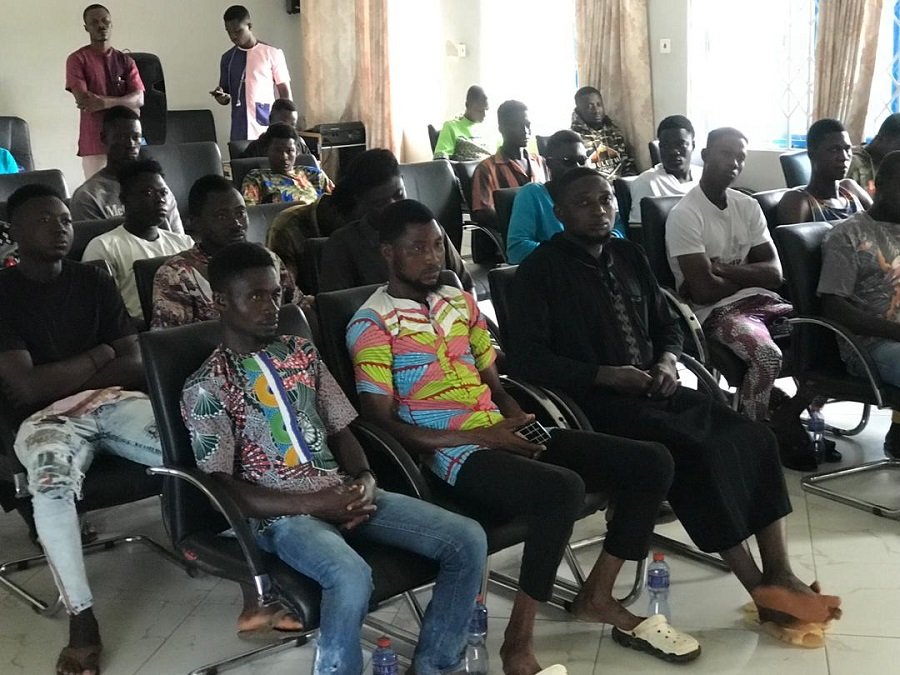ARTICLE AD
The Krachi-East Municipality in the Oti Region has intensified public education on teenage pregnancy as the municipality recorded 1,974 teenage pregnancies from January to August this year.
The Adolescent Focal Person in the Municipality, Ms Juliet Akorfa Akorlie, who disclosed this said the municipality was worried because 3,000 cases were recorded in 2023.
Addressing a workshop over the weekend for commercial tricycle and motorcycle operators, she called for concerted efforts to deal with the matter given its impact on the victims and their families.

Organised by the Department of Gender in the Oti Region and the Department of Social Welfare, with support from the United Nations Population FUND (UNFPA), the workshop was to educate them on the effects of teenage pregnancy on the victims and society in the Oti Regional capital, Dambai.
Ms Akorlie noted that the figures posed a threat to development of the area, and explained that even though the Department of Gender (DG) in collaboration with the Department of Social Welfare (DSW) carried out education in communities on the effects of teenage pregnancy and the need for teenage girls to abstain from pre-marital sex regularly, the records were still high.
According to her, the 1,974 teenage pregnancy cases recorded within eight months of 2024 should be of a major concern to stakeholders, stressing that, it was expected that the figures would reduce because of education carried out in the previous years against teenage pregnancy in the municipality.
Moreover, Ms Akorlie indicated it was observed that tricycle and motorbike riders played an important role in the transportation of the adolescent girls in their activities, therefore relevant in the ongoing education to enable them to effectively communicate with them at all times.
She stressed that teenage mothers did not only suffer serious health problems most of the time but also became school dropouts with the economic and social challenges associated with teenage pregnancy, which called for continuous education to reverse the trend.
Ms Akorlie then urged the participants to share information on available counselling services, health clinics where teenage girls could access support and education on reproductive health in order to enable them to appreciate the dangers associated with premarital sex and teenage pregnancy when they engaged their services.
The Participants commended the ORCC for the opportunity that made it possible for them to learn about the devastating effects of teenage pregnancy, and pledged their commitment to support education on the need for teenage girls to concentrate on their education and to become responsible future leaders.
They also appealed to the ORCC to, as a matter of importance, organise similar workshops for parents and teenage girls on the need for them to play their parental roles effectively, and adolescent girls also to appreciate their rights and responsibilities, as well as the need to refrain from early sex until they get married.
FROM SAMUEL AGBEWODE, DAMBAI

 4 weeks ago
23
4 weeks ago
23 

